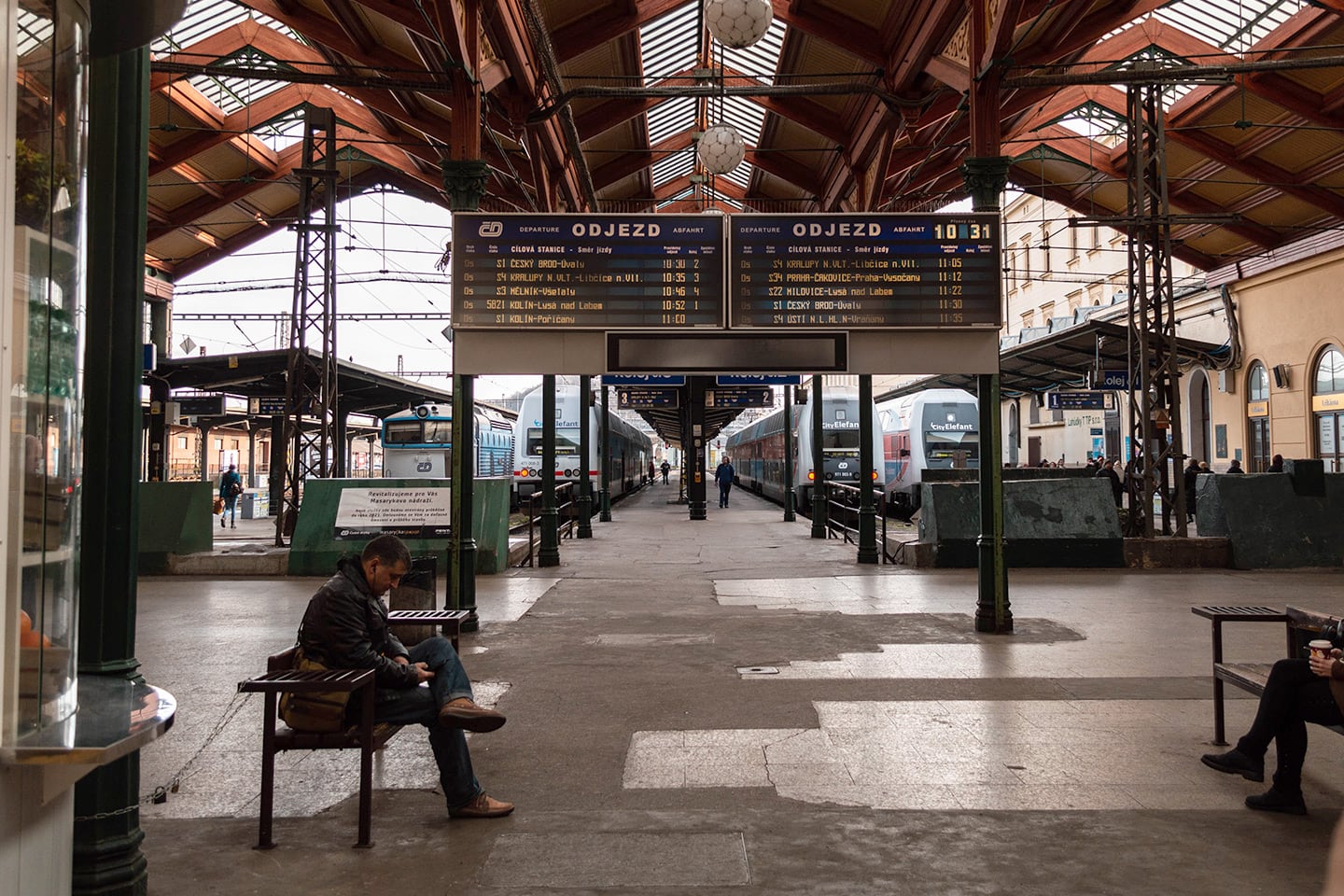A major part of any rapid transition away from carbon-intensive activities requires rethinking how we travel. During the pandemic, the attitudes of many people towards travel have shifted away from regular commuting toward homeworking or a blend of this and occasional visits to workplaces and to see key contacts. However, those who must travel for work, face often complex decisions depending on factors such as geography, budget, family health and work type. One area that is perhaps more readily addressed is flying, because fewer flights are for essential purposes – yet many of us have become accustomed to flying because it is artificially cheap and presents itself as the fastest, easiest option.
Sanjoy Roy, editor of Springback magazine of European dance, decided to shift to rail for an international trip. Here, he offers practical advice on smoothing that transition, and shares some life lessons that the experience taught him.

Keeping on track: a European culture trip by train by Sanjoy Roy
Over the last three decades, the arts and culture sector – like education, tourism and others – has been fuelled in no small part by the rise of budget airlines. Performing arts presenters, producers, artists and entourages leave flight trails across the globe as we go about our business. Yet we know this to be what we euphemistically call unsustainable (‘destructive’ would be more plain-speaking).
As the Covid pandemic grounded flights around the world, many of us sensed an opportunity to make changes to harmful habits. At the same time, against an increasingly obvious backdrop of environmental deterioration (heat records broken, then broken again), we saw and sometimes experienced more catastrophic climactic events worldwide: fires, storms, floods. Yet as we began to move beyond the pandemic’s first phase, many norms seemed simply to return. Flights began to take off again, airports to push for more runways, and airlines to argue against fuel tax.
Stricken with ‘flygskam’, I decided to not passively accept flying as the easiest and cheapest option
Sanjoy Roy, editor of Springback magazine
It was during this period – autumn 2021, just before the COP26 world climate summit – that I had an opportunity to travel internationally for work again. Would I fly? I knew that CO2 emissions per passenger are typically 80–90% lower by train than by plane, not to mention other pollutant measures (check ecopassenger.org for detailed journey comparisons). One of my meetings was in Rotterdam (WArd/waRD), easily accessible by rail from my home in London, but the other events were in Prague (Czech Dance Platform) and Oslo (CODA International Dance Festival), and getting there by train seemed almost unthinkable. Still, I had already flown once in 2021 (to Ljubljana, for Aerowaves’ Summer Recollection) – which happened also to be the European Year of Rail – and so, stricken with flygskam, I decided to not passively accept flying as the easiest and cheapest option, and see if I could make train travel feasible.
Personal and professional circumstances (including flexible working hours, solo travel, no dependents and many other factors) helped me hugely to achieve this. Though it was certainly a struggle to overcome the patterns of thought and behaviour that favour aviation, in the end, this became one of my most rewarding trips, not only because of the events I attended but because of how I travelled.
Of course, large-scale systems change lies in the realm of transport and energy regulation, taxation and policy. Yet individual choices do add up and multiply. Below I share some of what I learned through my choice, not by way of model or moral example, but in the hope that it proves useful to others facing similar decisions.
Read the full article here in Springback magazine